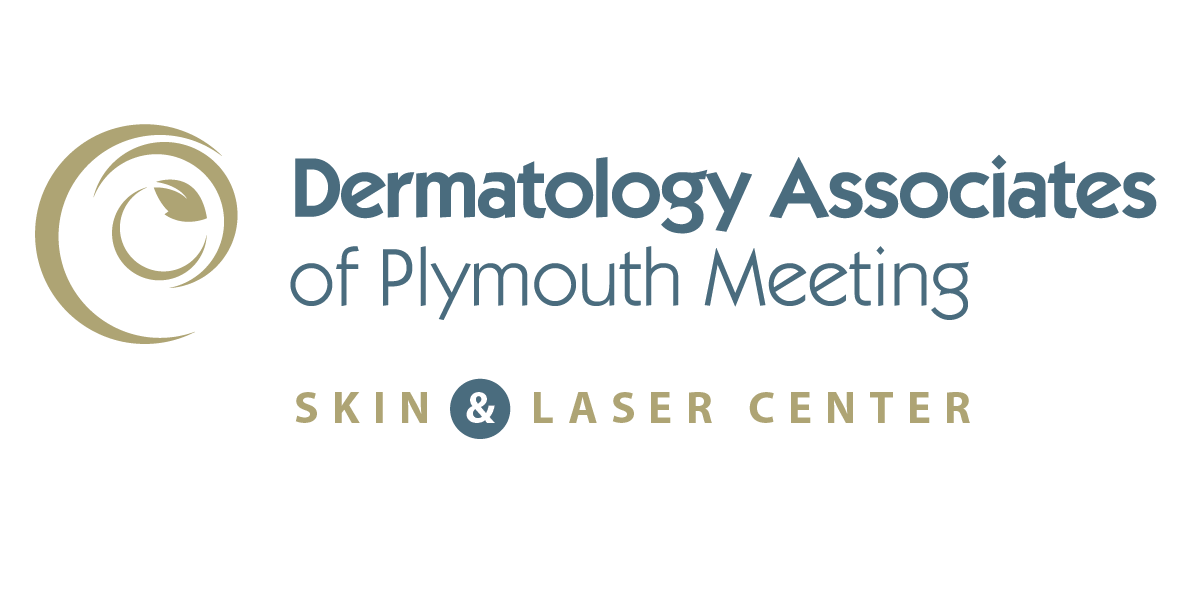Services
Our Approach to Psoriasis Treatment at Dermatology Associates of Plymouth Meeting
Psoriasis is a persistent and debilitating skin disease that appears in the form of inflamed, thickened red areas of the skin that are itchy and scaly. It is a common skin condition that speeds up the life cycle of skin cells, causing them to build up rapidly on the surface of the skin. There are several different types of psoriasis, and while there is no cure, chronic symptoms are manageable.
The physicians of Dermatology Associates of Plymouth Meeting, P.C. are psoriasis experts and have developed innovative treatment plans for patients suffering from psoriasis symptoms. We understand how frustrating and debilitating psoriasis can be, which is why we work hard to find treatments and remedies that work for each individual patient. What works for one patient may not be effective for another, and thanks to new medications and treatments for psoriasis, we’re able to help find relief for more patients now than ever before.

Lifestyle Choices and Triggers
With more than three million cases diagnosed in the United States each year, Psoriasis is a prevalent condition which affects skin, nails and joints. Doctors are unsure of its cause however; several risk factors could make one person more likely to get it than others. Ultimately, your DNA is the culprit behind your psoriasis—the genes that control your immune system promote inflammation and turn skin cells on overdrive as an autoimmune response, rather than protecting your body from invaders.
Psoriasis can occur intermittently or it can be chronic. For many people, lifestyle choices like drinking alcohol, smoking or being stressed can cause flare-ups. Hormone changes such as puberty and menopause can also trigger psoriasis symptoms. Additionally, environmental factors may impact psoriasis. Some find their psoriasis worsens in the winter while others struggle more in the summer. For most people, natural sunlight in moderation is good for psoriasis, but for some sufferers, the sun can exacerbate their symptoms.
Since psoriasis is an autoimmune condition, rest assured that it is not contagious or infectious. You cannot contract the disease by touching someone who has it. However, since psoriasis stems from a genetic disorder, it can be hereditary. Roughly ten percent of the population inherit one or more of the genes that make developing psoriasis more likely.
Psoriasis Symptoms
People who have psoriasis will find inflamed, itchy, scaly areas of skin on their scalp, elbows, knees, face, lower back, groin, genitals, arms, legs, palms, soles, body folds or nails. The condition can be extremely mild where people don’t even know they have it, or it can be so severe that it covers large areas of the body.
Psoriasis can also differ in duration, location, shape and pattern. Most commonly, it first appears in the form of small red bumps, which grow larger and then form scales. While the topmost scales flake off easily and often, the scales beneath the skin’s surface stick together. When they are scratched, the tender, exposed skin bleeds. These small red areas then grow, sometimes becoming quite large.
Plaque psoriasis is the most common form of the condition—about 80 percent of people with psoriasis have this type, which consists of large areas of involvement in defined areas of the body. Psoriasis can also affect the nails, which may loosen, thicken or crumble. Inverse psoriasis can also occur in the armpit, under the breast and in skin folds around the groin, buttocks and genitals.
Psoriasis Treatments
Every case of psoriasis is unique, and treatment modalities may differ depending on the location of psoriasis on the body. Your customized treatment plan is based on your health, age, lifestyle and the severity of your psoriasis.
The goal for any treatment is to reduce inflammation and to control shedding of the skin.
Moisturizing Creams and Lotions
Moisturizing creams and lotions will loosen scales and help control itching.
Steroid or Cortisone Creams
Steroid or cortisone creams, ointments and lotions will help control psoriasis outbreaks. We’ll prescribe weaker preparations for use on sensitive areas of the body and stronger preparations for controlling lesions on the scalp, elbows, knees, palms and soles.
Light therapy may require several visits. Natural sunlight exposure also helps a large majority of people living with psoriasis but must be used cautiously to avoid the risk of sunburn or skin cancer.
Oral Medications or Biologics
This type of multimodal approach to treatment for psoriasis can be beneficial for relieving more severe psoriasis symptoms, especially when combined with topical remedies. These can include vitamin A and Vitamin D compounds.
Your Customized Treatment Plan
As with any treatment delivered at Dermatology Associates of Plymouth Meeting your psoriasis treatment will be completely customized based on your individual needs. Our doctors may prescribe topical medications, oral medications or a combination of these with natural sunlight or ultraviolet light. We specialize in treating psoriasis and are pleased to offer in-office treatments and effective medications.
Schedule your appointment at Dermatology Associates of Plymouth Meeting for more information on psoriasis treatment options.
